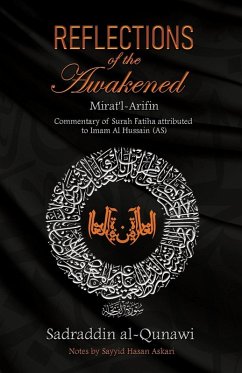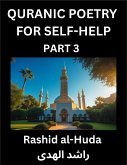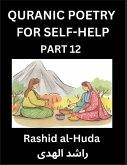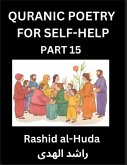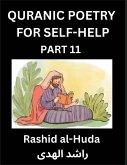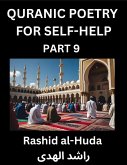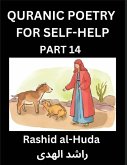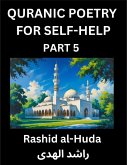Reflections of Awakened (Mirat'l-Arifin) is a treatise of great importance which sets forth in a compact and systematic manner, the central concerns of the mystical dimension of Islam. Some attribute it to Sadraddin al-Qunawi, and others regard it as a work of Imam Husayn (AS). Mirat'l-Arifin itself contains the explicit reference to its theme of inquiry into the Opening of the Book. The inquiry starts with the reference to the well-known formulation: what is in the entire Quran is in its Opening. What is elaborated in the Quran is epitomized in the Opening (fatiha). The Opening is in fact a summation,and hence the Point under the letter, Ba, is the final symbol of the epitome of all knowledge. To call the Opening of the Book as the Source of the Book is to define the latter after the principle of summation and totality. The Mirat'l-Arifin revolutionizes the concept of 'kitab' (book) by saying that this world is in fact two-fold, the world of command (amnr) and the world of creation (khalq), and each is a book from the books of God; and for each is a fatiha. In other words, for each there is a 'umm'l-kitab' and a 'kitab'l-mubin'. Real knowledge consists in knowing the 'umm'l-kitab' of each realm, but Man, as we are told, is a comprehensive book among the books of God, and a 'barzakh' for both the Divine and the Cosmic Realities. Hence, to know both the worlds is to know Man. Self-Knowledge is the knowledge of all things of all places and all times, for Man is the summation of all things; and within man is the secret (sirr) of His Lord-"whoever knows his self knows His Lord".Sayyid Hasan Askari was widely known as one of the few Muslim scholars in the field of Comparative Religion. He taught at Osmania,Aligarh, American University of Beirut and the Free University of Amsterdam. He was on the staff of the Centre of Islam and Christian-Muslim Relations and Professor at the Faculty of Comparative Religion at the University of Antwerp. He has lectured at the universities of Heidelberg, Gottingen, Hamburg, Oxford, Cambridge, Harvard and Princeton. His works include 'Society and State in Islam' and 'Inter-Religion'; The Experience of Religious Diversity amongothers. He has worked on Islamic Theory of Knowledge and also on an extensive volume about Ali ibn abi Talib and Sufi Orders.
Bitte wählen Sie Ihr Anliegen aus.
Rechnungen
Retourenschein anfordern
Bestellstatus
Storno

